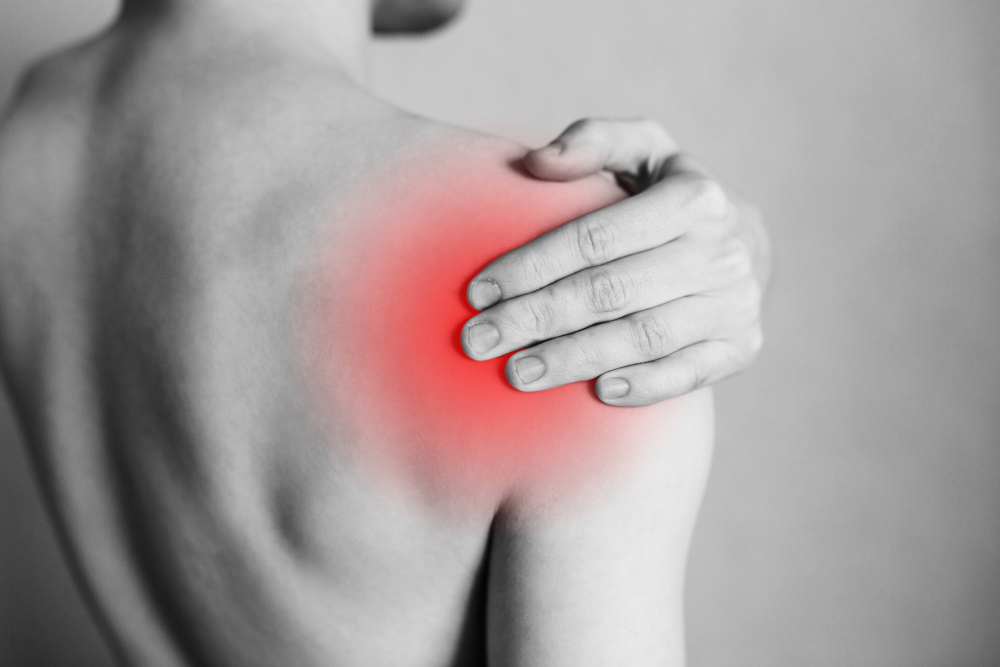
Pain, weakness, and limited mobility around the shoulder joint could be the result of a rotator cuff tear. This medical condition affects millions of people each year and can cause intermittent discomfort or intense pain that disrupts your daily routine. It's essential to recognize the symptoms of a rotator cuff tear so that you can receive a proper diagnosis and swift treatment. Whether you're an athlete or someone with a job that involves repetitive arm movements, being aware of the signs of a rotator cuff tear can prevent a minor injury from becoming a more severe condition.
Pain
If you experience a dull ache in the shoulder that is persistent or intermittent, it may be due to a rotator cuff tear. The pain may be present while at rest and can worsen when the arm is moved overhead or away from the body. Often the pain will settle in the front of the shoulder and gradually worsen over time. This pain is usually not relieved with OTC medications.
Weakness
You may also experience weakness in the shoulder joint which leads to a limitation in your range of motion. You may not be able to sustain a shoulder elevation for sustained periods, or it may become difficult to move your arm in specific positions. Though more severe cases can lead to muscle atrophy, the weakness is usually gradual and patients associate it with aging or reduced activity levels.
Cracking and Popping Sounds
Another symptom of a rotator cuff tear is when you hear clicking, cracking, or popping sounds when you move your shoulder joint. This happens due to instability in the shoulder's ball-and-socket joint. The noise is created as the ball rubs against the rim of the socket. These sounds are not always alarming, but can be associated with instability or even early arthritis.
Sleeping Difficulty
If you have rotator cuff tear, you may also have difficulty sleeping. Often, patients report that continuous or sustained sleeping in one position leads to pain. Especially when the damaged shoulder is on top or being compressed against the surface. This makes finding a comfortable position challenging, and some patients end up avoiding sleeping altogether.
Loss of Strength
Finally, a rotator cuff tear can result in a noticeable loss of strength in the affected arm. You may find it challenging to lift objects or carry out tasks that require more significant heavy lifting. This can cause reduced function and even the initiation of pain with decreased activity.
Conclusion
Recognizing these symptoms can help you seek immediate medical attention if you suspect a rotator cuff tear. Early diagnosis and treatment can reduce pain and limit the risk of further damage. If you are experiencing any of these symptoms, the orthopedic specialists at Central Florida Bone & Joint Institute located in Deland, FL, can help. Our skilled and experienced doctors specialize in the diagnosis, treatment, and management of rotator cuff tears. If you're looking for an orthopedic surgeon in Deland, FL, contact us today and we will help you get back to your daily activities.